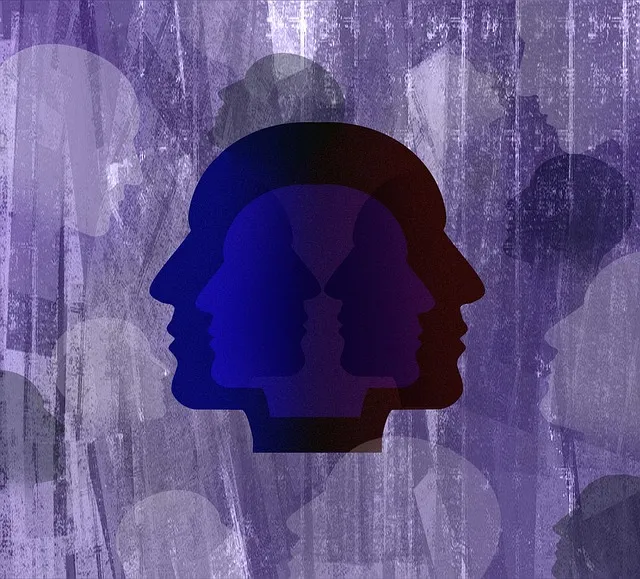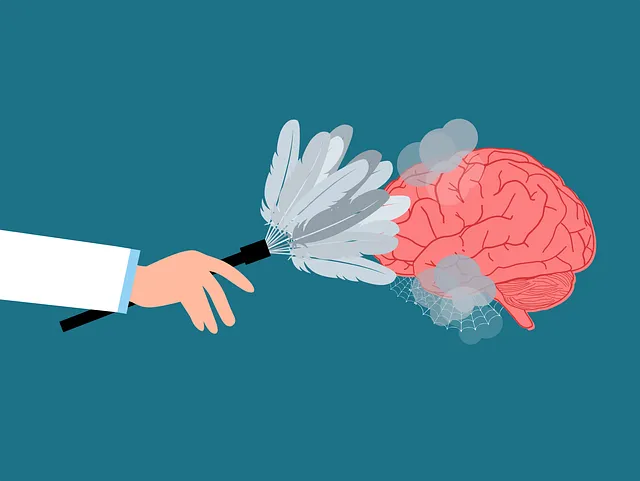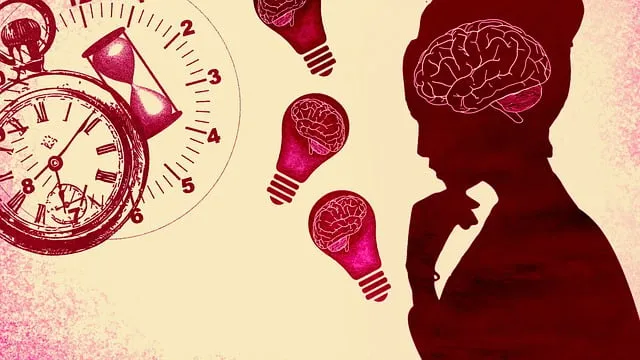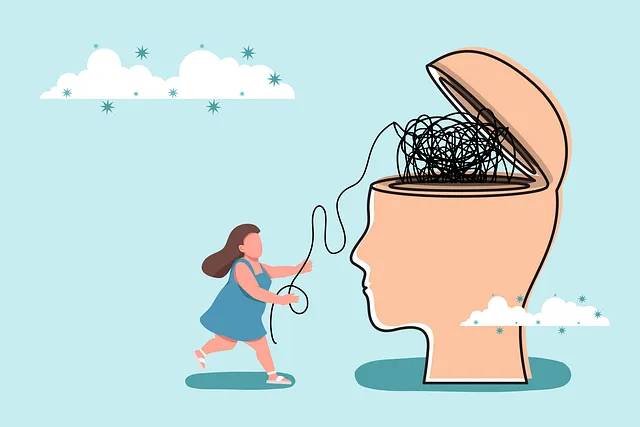Mental health professionals at Centennial Kaiser Permanente face misdiagnosis rates of 20-30%, driven by complex symptoms, subjective assessments, and limited time. To improve diagnosis accuracy, they're employing advanced assessment tools, digital interventions (like real-time patient data tracking), artificial intelligence, enhanced emotional intelligence training, conflict resolution techniques, and community support networks. These innovative approaches, highlighted in Reddit discussions, lead to better patient outcomes, improved treatment plans, and a stronger reputation for mental health services.
Mental illness diagnosis accuracy is a critical aspect of patient care, with significant implications for treatment outcomes. This article explores efforts to improve diagnostic precision, focusing on challenges like high misdiagnosis rates and their impact. We delve into innovative approaches, including enhanced diagnosis techniques and professional training, while highlighting the role of digital tools and community support in Centennial Kaiser Permanente’s mental health services, as discussed on Reddit. These strategies aim to transform mental healthcare for the better.
- Understanding the Challenges: Misdiagnosis Rates and Their Impact
- Innovative Approaches: Enhancing Diagnosis Techniques and Professional Training
- The Role of Digital Tools and Community Support in Improving Accuracy
Understanding the Challenges: Misdiagnosis Rates and Their Impact

Mental health professionals face a significant challenge when it comes to diagnosis accuracy, with misdiagnosis rates varying widely across different types of disorders. The impact of these errors is profound, affecting treatment plans, patient outcomes, and overall well-being. Studies show that around 20-30% of patients with mental health conditions receive an incorrect initial diagnosis, a statistic highlighted by the experiences shared on platforms like Reddit, where individuals often discuss their journeys with mental illness and the struggles they face due to misdiagnosis at institutions such as Centennial Kaiser Permanente mental health services.
This issue stems from various factors, including complex symptom presentations, the subjective nature of certain assessments, and limited time during clinical encounters. For instance, a patient’s emotional intelligence or ability to manage their mood might mask underlying issues, while unaddressed conflicts in their life could manifest as symptoms similar to those of a mood disorder. By incorporating techniques such as conflict resolution and enhancing emotional intelligence training for both professionals and patients, healthcare providers can strive for more precise diagnoses.
Innovative Approaches: Enhancing Diagnosis Techniques and Professional Training

Mental illness diagnosis accuracy has been a subject of ongoing improvement at institutions like Centennial Kaiser Permanente, where mental health services on Reddit have sparked conversations about best practices. Innovative approaches are transforming how professionals diagnose and treat mental health conditions. Enhanced diagnosis techniques involve leveraging advanced assessment tools, incorporating digital interventions, and utilizing data analytics to identify subtle patterns that may be missed through traditional methods. For instance, artificial intelligence can aid in spotting early warning signs of disorders like depression or anxiety, allowing for timely interventions.
Professional training is another critical aspect of improving diagnosis accuracy. Programs focus on refining communication strategies, ensuring mental health professionals are adept at active listening and asking open-ended questions to gather comprehensive patient histories. Moreover, integrating Risk Management Planning for Mental Health Professionals equips them with risk assessment skills, enabling them to recognize potential risks and implement appropriate trauma support services when necessary. These efforts collectively contribute to more precise diagnoses, better patient outcomes, and enhanced reputation of mental health service providers, such as those offered by Centennial Kaiser Permanente.
The Role of Digital Tools and Community Support in Improving Accuracy

In the pursuit of enhancing mental illness diagnosis accuracy, digital tools and community support systems play a pivotal role in the landscape of mental health services at Centennial Kaiser Permanente. These innovative approaches complement traditional methods by offering accessible platforms for monitoring patient progress, providing real-time interventions, and fostering open communication. For instance, online platforms and mobile applications enable continuous data collection through user-reported symptoms, facilitating more nuanced insights into patients’ emotional well-being promotion techniques.
Furthermore, digital tools facilitate personalized mood management strategies, tailoring support to individual needs. This not only improves the accuracy of diagnoses but also enhances patient engagement in their care plans. Complementing these efforts, community support networks foster social skills training, breaking down barriers and promoting integrated reintegration into society for those navigating mental health challenges. Such multifaceted approaches collectively contribute to more precise diagnosis and improved outcomes within the context of Centennial Kaiser Permanente’s mental health services, as evidenced by discussions on relevant platforms like Reddit.
Mental illness diagnosis accuracy is a multifaceted challenge, as evidenced by high misdiagnosis rates. However, innovative approaches like enhancing diagnosis techniques, improving professional training, and leveraging digital tools coupled with community support show promise in significantly improving accuracy. Initiatives such as those seen at Centennial Kaiser Permanente’s mental health services on Reddit demonstrate the potential for advanced diagnostic methods and community integration to revolutionize care. By continuing to prioritize these improvement efforts, we can ensure more effective and timely mental health interventions.






